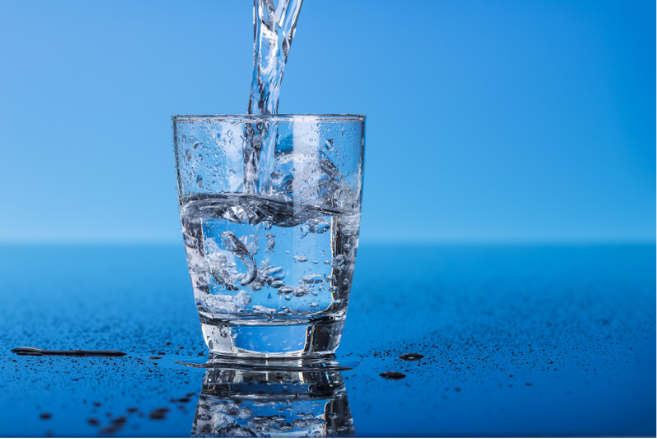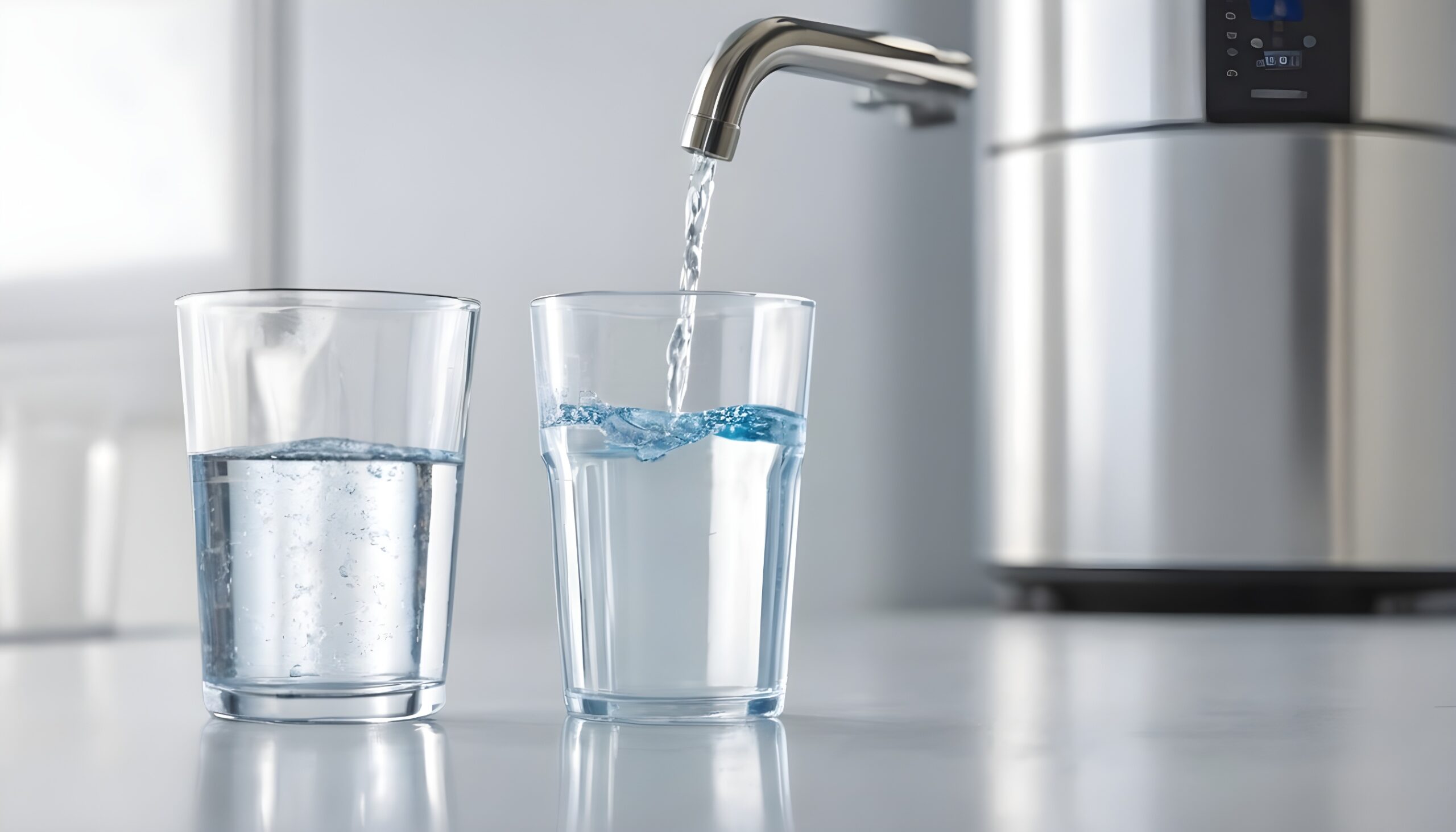Enhance Drinking Water Security with a High-Quality Water Purification System
Wiki Article
Why a Water Filtration System Is Vital for Clean, Safe Water
Access to tidy, risk-free water is a fundamental human right and a keystone of public wellness. The presence of harmful impurities such as virus, heavy metals, and chemical contaminants in our water supply increases serious problems regarding health and wellness. A water filtration system stands as a critical service to minimize these risks, guaranteeing that areas and individuals can access safe alcohol consumption water. Recognizing the ins and outs of these systems and their different techniques is crucial, particularly as we think about the effects for health results and ecological sustainability in our daily lives.Relevance of Clean Water
Access to tidy water is a basic necessity for human health and wellness and well-being. Polluted water can lead to serious health and wellness concerns, consisting of stomach ailments, cholera, and dysentery, particularly in susceptible populations such as kids and the senior.Moreover, clean water is important for sanitation and hygiene practices, which are important in stopping the spread of contagious illness. Appropriate supply of water sustains appropriate cleanliness facilities, advertising a much healthier environment. In addition, accessibility to risk-free water influences socioeconomic aspects, as it allows areas to participate in farming and industrial activities, ultimately contributing to financial growth.
In many areas, the lack of tidy water intensifies hardship and inequality, further impeding development towards lasting growth goals. Making sure access to tidy water is not just a public wellness imperative yet also a foundation for social equity and financial growth. Efforts to boost water top quality and infrastructure have significant advantages, fostering much healthier areas and enhancing lifestyle.

Typical Impurities in Water
Making certain the accessibility of clean water is threatened by various contaminants that can endanger its safety and quality. The existence of pathogens, such as bacteria, bloodsuckers, and viruses, postures considerable health risks, particularly in areas doing not have appropriate hygiene. These microbes can result in waterborne conditions, leading to severe disease and even fatality.Chemical pollutants also offer a vital worry. Hefty steels, including lead, mercury, and arsenic, frequently enter water materials with industrial discharges or rusty plumbing. These materials can accumulate in the body gradually, bring about long-term health and wellness issues such as neurological damages and developing conditions.
Additionally, farming drainage introduces chemicals and plant foods right into water systems, which can disrupt ecosystems and negatively effect human health and wellness. Nitrates, commonly discovered in plant foods, can create severe problems like methemoglobinemia, particularly in babies.
Benefits of Water Purification Equipments
Identifying the important demand for safe alcohol consumption water, water filtration systems provide a myriad of advantages that improve public health and environmental sustainability. Mostly, these systems effectively remove hazardous contaminants, consisting of microorganisms, viruses, heavy metals, and chemicals, guaranteeing that the water taken in is complimentary from virus and toxins. This decrease in contaminants dramatically decreases the threat of waterborne illness, promoting general community health.Along with health and wellness advantages, water filtration systems contribute to ecological sustainability by minimizing dependence on bottled water, which frequently produces extreme plastic waste. By utilizing a purification system, homes can reduce their carbon footprint and add to a more sustainable ecological community. Moreover, these systems can enhance the taste and odor of water, making it more tasty for day-to-day consumption.

Different Sorts Of Purification Methods

One typical technique is reverse osmosis, which makes use of a semi-permeable membrane layer to different water from dissolved pollutants and solids. This procedure properly lowers contaminations, including heavy steels and chemicals. Another extensively used method is ultraviolet (UV) disinfection, which utilizes UV light to neutralize bacteria and viruses, making them safe without making use of chemicals.
Triggered carbon filtering is an additional prominent technique, utilizing carbon to adsorb natural compounds, chlorine, and undesirable smells, improving taste and smell high quality. Purification, a process that includes boiling water and condensing the steam, properly gets rid of minerals and pollutants but might require even more energy contrasted to various other approaches.
Ion exchange is typically used to soften water by changing calcium and magnesium ions with salt or potassium ions. Each technique has its limitations and advantages, making it important to comprehend their performances and efficiency in dealing with certain water high quality issues - Water Purification System. Inevitably, picking the appropriate filtration technique is vital for making certain tidy and secure alcohol consumption water
Picking the Right System
Choosing a proper water useful reference purification system requires mindful consideration have a peek at these guys of numerous elements, consisting of the details pollutants existing in the water system, the volume of water needed, and the desired filtration method. It is necessary to carry out a water high quality examination to recognize pollutants such as bacteria, hefty steels, or chemical pollutants. This information will guide you in picking a system that efficiently targets those certain pollutants.
Next, examine your family's day-to-day water usage to figure out the system's capacity. Solutions are readily available in numerous sizes, from point-of-use filters for drinking water to whole-house devices that cleanse all water entering your home.
In addition, consider the filtration technique that ideal fits your demands. As an example, reverse osmosis is highly effective for getting rid of a wide variety of impurities, while UV filtration is outstanding for removing microbes.
Conclusion
In conclusion, the implementation of water filtration systems is important for ensuring accessibility to secure and clean water. By understanding the relevance of tidy water and the advantages of numerous purification methods, neighborhoods can make educated choices to guard their health and advertise socioeconomic stability.Identifying the critical need for risk-free alcohol consumption water, water filtration systems use a myriad of benefits that boost public health and environmental sustainability.In addition to wellness benefits, water filtration systems add to environmental sustainability by lowering reliance on bottled water, which commonly generates extreme plastic waste. Inevitably, the fostering of basics water filtration systems is an aggressive step toward making sure clean, secure water for future generations while guarding public health and the environment.
Choosing a suitable water purification system calls for careful factor to consider of numerous variables, including the certain impurities present in the water supply, the quantity of water required, and the preferred purification approach.In conclusion, the application of water filtration systems is vital for making certain accessibility to tidy and safe water.
Report this wiki page